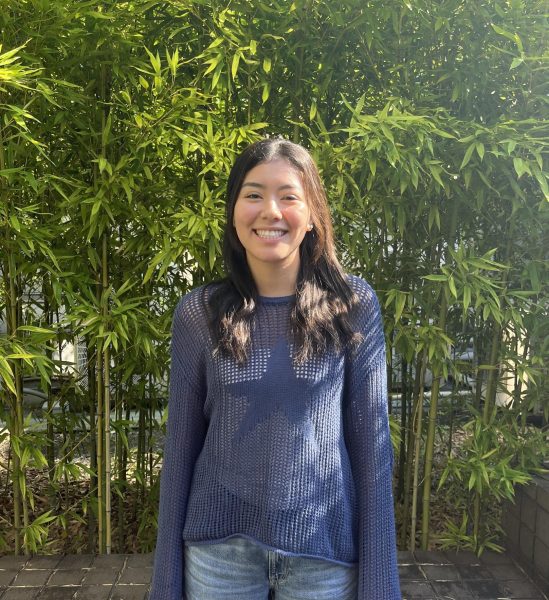March, Women’s History Month, is dedicated to celebrating the impressive achievements of women throughout history, while acknowledging the obstacles they continue to face. It’s a time to recognize and appreciate the immense contributions that women have made to society, science, politics, art, and culture and remember the barriers they broke down along the way.
Initially, Women’s History Month began in the United States as Women’s History Week. In February of 1980, following extensive lobbying from groups like the National Women’s History Project, President Jimmy Carter issued a proclamation designating the week of March 2-8, 1980, as National Women’s History Week.
President Carter famously declared, “The achievements, leadership, courage, strength, and love of the women who built America are as vital as those of the men whose names we know so well.” The celebration of Women’s History Week continued until 1987, when Congress officially designated the entire month of March as Women’s History Month. Ever since, presidents have issued annual proclamations, dedicating March to highlight women’s history in the United States, with other nations such as Canada and Australia celebrating similarly.
Although the monthly celebration has been around for decades, long before Women’s History Month, there was International Women’s Day. The concept is said to have been first proposed by Clara Zetkin, leader of the Women’s Office for the Social Democratic Party in Germany. In 1910, at the second International Conference of Working Women in Copenhagen, Zetkin suggested the idea of a “Women’s Day.” Her proposal received unanimous support from over 100 women representing 17 countries. Thus, on March 19, 1911, International Women’s Day was celebrated for the first time. Over a million people worldwide participated in rallies, conferences, and protests to commemorate the occasion and advocate for gender equality.
Two years later, in 1913, the date of the global celebration was shifted to March 8. This date holds significance in women’s history for several reasons. In New York City, on March 8, 1857, thousands of female textile workers took to the streets to protest unfair working conditions and unequal treatment. Additionally, in 1913, Russian women observed their first International Women’s Day on the last Sunday in February, under Russia’s Gregorian calendar, corresponding to March 8 in the Western world. Since then, millions around the globe have gathered to celebrate International Women’s Day on March 8.
The evolution of the holiday does not end there. Sixty-four years later, in 1977, the United Nations General Assembly declared March 8 as an official U.N. holiday: International Women’s Day. The official IWD website describes the holiday as “a global day celebrating the social, economic, cultural, and political achievements of women.” IWD is even recognized as an official national holiday in Armenia, Belarus, Cambodia, Cuba, Georgia, Laos, Mongolia, Montenegro, Russia, Uganda, Ukraine, and Vietnam.
Since 1996, each International Women’s Day has had an official campaign theme. This year, the theme is Inspire Inclusion, which “encourages everyone to recognize the unique perspectives and contributions of women from all walks of life, including those from marginalized communities.”
On a more local scale, in Japan, citizens are well accustomed to female-centric holidays in March. Hinamatsuri, Girl’s Day, is recognized annually on March 3. Focused on celebrating the wellness and prosperity of young girls, the national holiday has roots from over 1000 years ago.
In addition, the Japanese holiday, White Day, is celebrated on the 14th of March. The unique holiday first began in Japan in 1978 as an inverse of Japan’s version of Valentine’s Day. On White Day, men in Japan are expected to give presents to women in exchange for the gifts they received from their female friends, coworkers, or romantic partners the month prior.
As for International Women’s Day in Japan, the Women’s March Tokyo is held every year on March 8, with citizens banding together to spread awareness of gender-based discrimination, marching through the streets of Tokyo.
However, it is important to note that Japan, as a nation, faces slow progress in terms of gender equality. The annual Global Gender Gap Index released by the World Economic Forum ranked Japan 125th of 146 countries, making it the lowest-ranked nation among the G7. Nonetheless, the issue of gender inequality is not isolated to Japan; the 2023 Global Gender Gap Index also revealed that no country has successfully achieved full gender equality.
While March is a month dedicated to celebrating the successes of women and raising awareness about gender inequality, it’s important to remember that the fight for equality is ongoing and requires attention and effort every day of the year.


